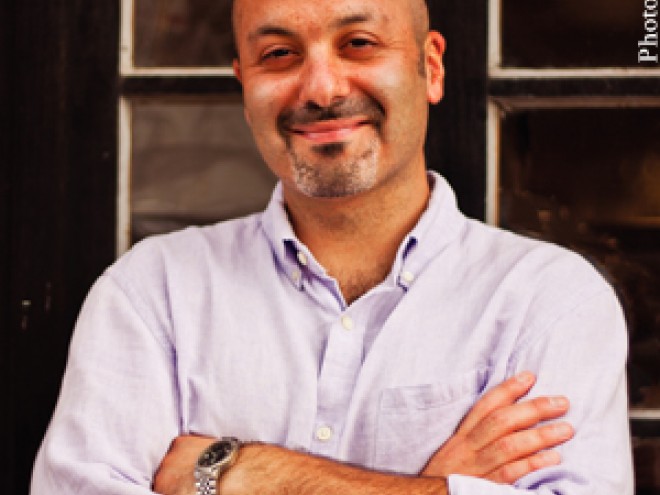 Posted by Evie Saphire-Bernstein
Posted by Evie Saphire-Bernstein
“A book is not complete until it’s read. The reader’s mind flows through sentences as through a circuit – it illuminates them and brings them to life.” — E. L. Doctorow, The Guardian (January 19, 2014)
 E.L. Doctorow — writer, editor, and teacher — died on Tuesday at age 84, due to complications relating to lung cancer. He is celebrated for his work, having been awarded the National Book Critics Circle Award for his novel Ragtime in 1975, as well as being shortlisted for the Man Booker International Prize in 2009, along with many other distinctions and honors. Over the course of his career, Doctorow wrote twelve novels, the most recent being Andrew’s Brain, which came out in 2014. He has also written numerous volumes of short stories and essays. Mainly known for writing historical fiction, Doctorow will be remembered as an author who reveled in the collective past, as if to try and discover why we are here and what we are made of. His characters are thoughtful and tragic, funny and complex, searching for meaning in a world that has dismissed it, and them.
E.L. Doctorow — writer, editor, and teacher — died on Tuesday at age 84, due to complications relating to lung cancer. He is celebrated for his work, having been awarded the National Book Critics Circle Award for his novel Ragtime in 1975, as well as being shortlisted for the Man Booker International Prize in 2009, along with many other distinctions and honors. Over the course of his career, Doctorow wrote twelve novels, the most recent being Andrew’s Brain, which came out in 2014. He has also written numerous volumes of short stories and essays. Mainly known for writing historical fiction, Doctorow will be remembered as an author who reveled in the collective past, as if to try and discover why we are here and what we are made of. His characters are thoughtful and tragic, funny and complex, searching for meaning in a world that has dismissed it, and them.
Born in the Bronx in 1931, Doctorow made his first major impact on the American writing scene with The Book of Daniel, a semi-historical novel loosely based on the trial of Ethel and Julius Rosenberg. When the book came out in 1971, The New York Times described Doctorow as someone who, “has leaped into the first rank of contemporary American writers” with this early literary achievement. He is best known to the public, however, for the novel Ragtime, a critical look at the American experience just before World War I. It was ranked number 86 on the list of 100 Best English-Language Novels on the 20th Century by the Modern Library in 1998.
But Doctorow’s impact on American writing cannot only be understood through book reviews, awards, and accolades. With his work, Doctorow created an entryway into the past, allowing the current generation to examine those before it with a critical eye, infusing history with emotion and heart, and bringing the past to life through his words. He is one of America’s most distinguished novelists, and his absence will be acutely felt by writers and readers — and by anyone who desires to learn more about the world before they knew it.
Related Content:
- Thane Rosenbaum: Remembering E. L. Doctorow, the Reigning Godfather of Historical Fiction
- Daniel Torday: The Complication of the Jewish Writer Question
- Jay Neugeboren: Places Never Seen
Evie Saphire-Bernstein is the program director of Jewish Book Council. She graduated from the University of Illinois at Chicago with a B.A. in English and a minor in Jewish Studies. Before joining the Jewish Book Council team in 2015, she spent a year and a half working within the Conservative Movement as the Network Liaison for the Schechter Day School Network. She is a recent transplant to New York City, after living in Chicago for most of her life. In her spare time, Evie is a writer and blogger.



